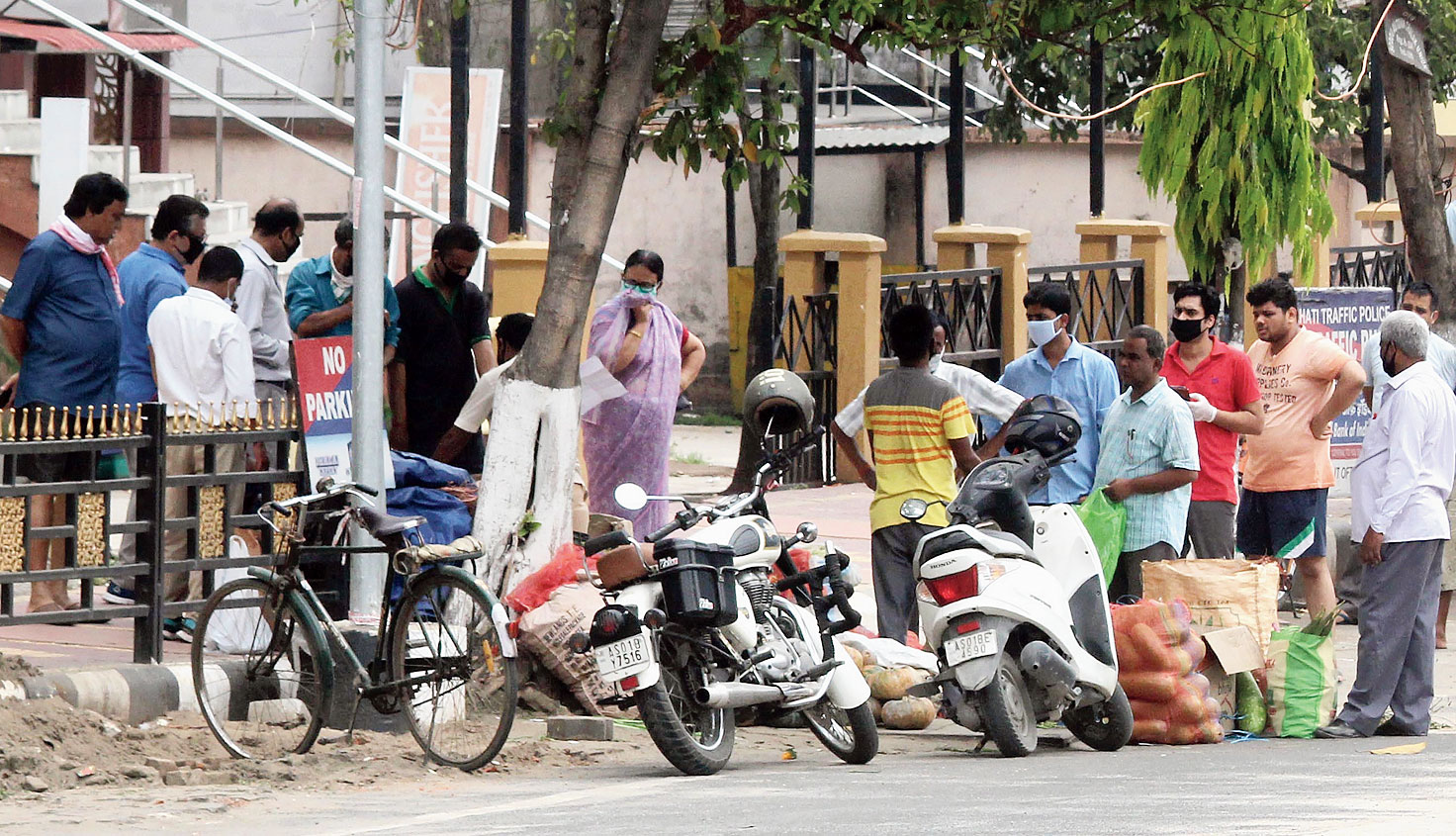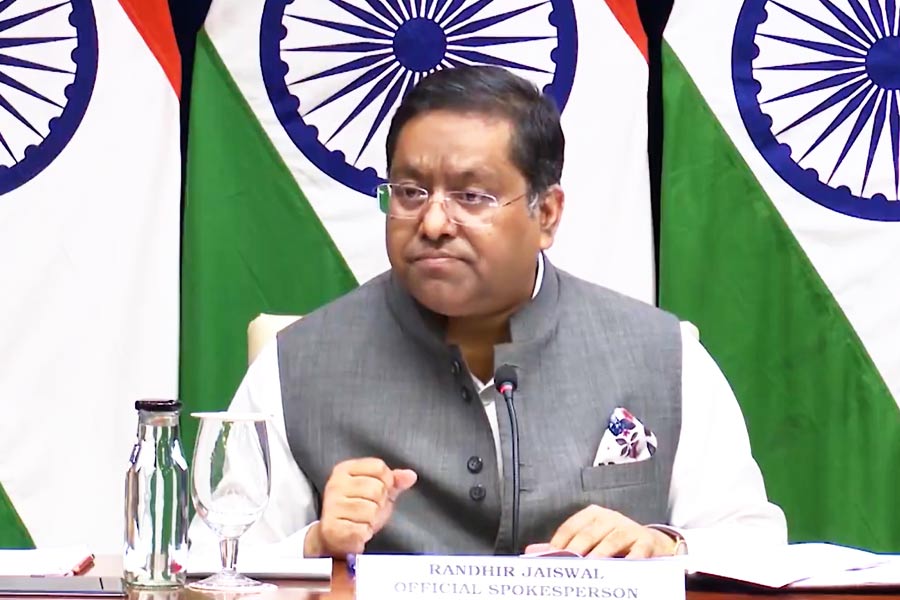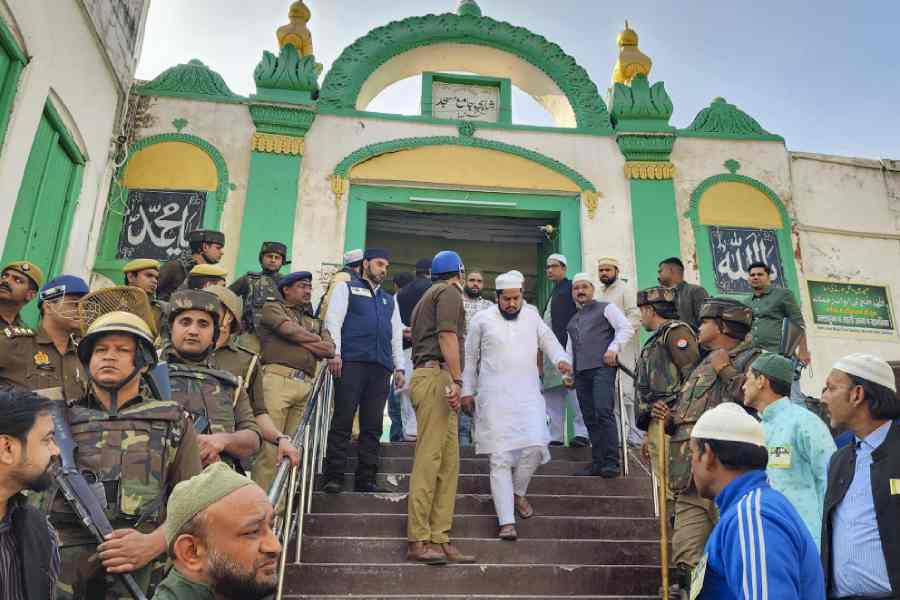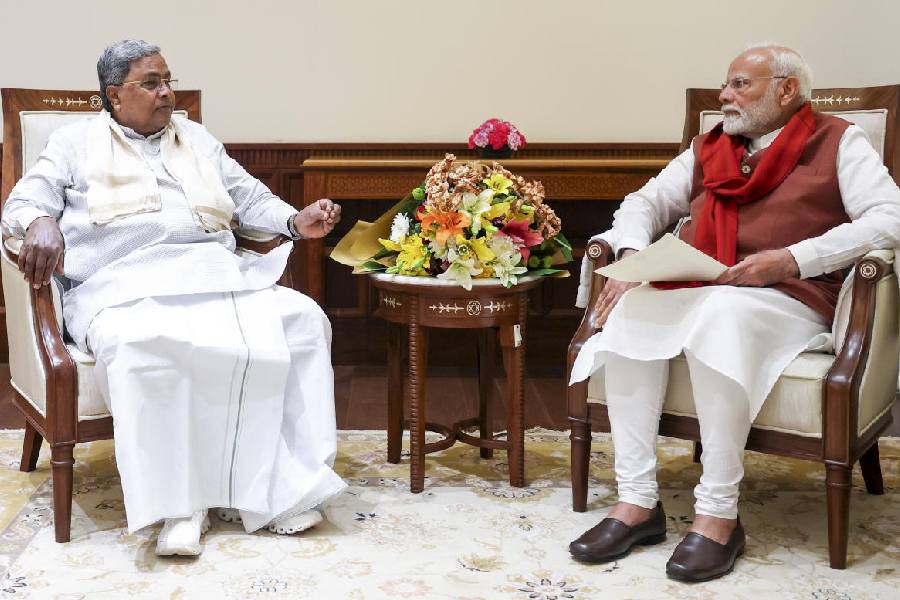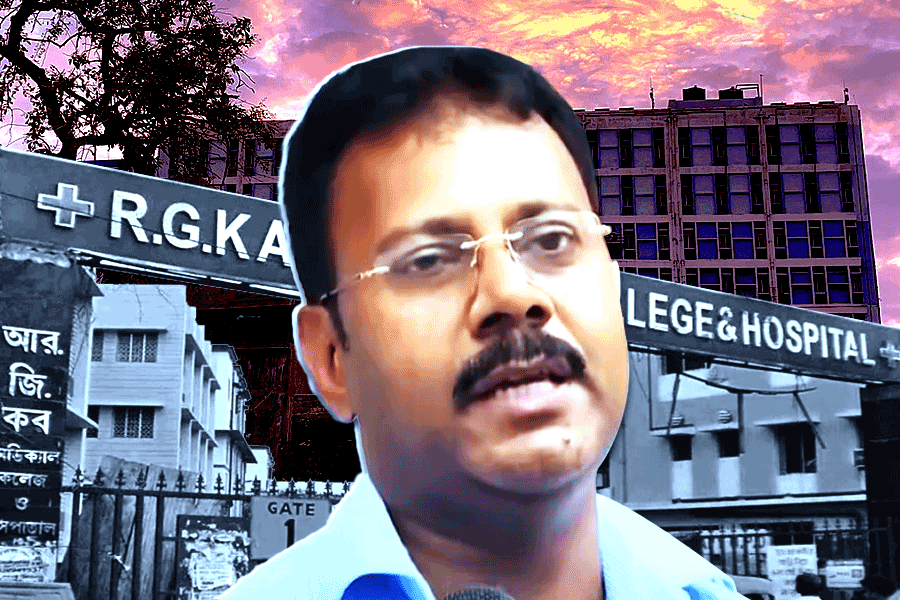The Union health ministry on Wednesday listed 170 districts nationwide as “hotspots” for Covid-19 that can earn the infection-free tag if they report no new cases for 28 days.
Among the 170 districts, 123 have “large outbreaks” while 47 have reported “clusters” or multiple foci of Covid-19 infections.
But 207 other – non-hotspot – districts across the country have also reported cases.
The Centre identified five of Assam’s 33 districts as Covid-19 hotspots with clusters. The state has registered 32 positive cases as on Wednesday.
These districts include Golaghat (9) in Upper Assam, Morigaon (4) in central Assam and Dhubri (4), Nalbari (4) and Goalpara (4) in lower Assam. All the cases were linked to the Tablighi Jamaat congregation held at Delhi’s Nizamuddin last month.
Anup Barman, director, medical education, said that all possible steps have been taken/will be taken to contain the spread of the virus in the hotspot districts.
“We will go for sealing of the areas, rapid testing and mass screening depending on the situation and as per the Centre’s advisories,” Barman told The Telegraph on Wednesday night.
Altogether 12 of the 33 districts in the state have reported Covid-19 cases.
Of the 32 cases, two were released on Wednesday evening while there is one fatality from Hailakandi. “We have 29 positive cases in hospitals,” health minister Himanta Biswa Sarma said on Wednesday evening.
The other seven affected districts have been identified as non-hotspot districts. These are Cachar (1), Hailakandi (1), Karimganj (1) in south Assam’s Barak Valley, Kamrup (1), Kamrup Metro (1), Lakhimpur (1) and South Salmara- Mankachar (1).
Union health officials said the hotspots would need to implement the strict containment measures outlined in the health ministry guidelines.
The other districts that have reported cases would also need to implement cluster containment strategies.
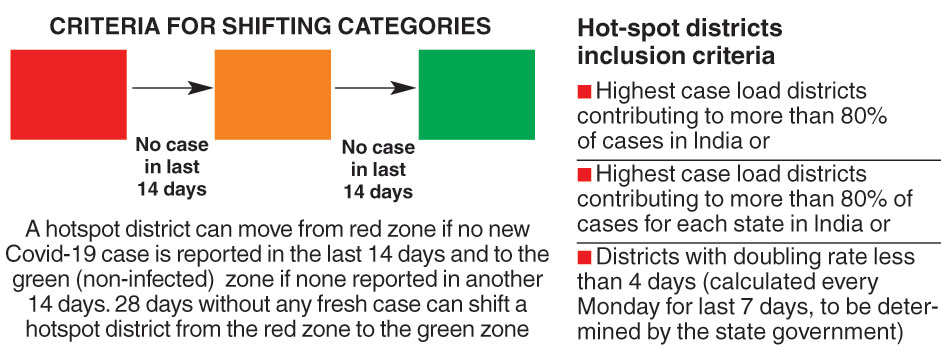
Union health secretary Preeti Sudan said in a note to all the states that the national lockdown period up to May 3 should be used to effectively implement containment and surveillance measures in the hotspots to detect and isolate any cases and break the chain of transmission.
The health ministry said it would assess the districts every Monday and monitor the progress of their containment efforts.
A hotspot -– labelled a red zone -– would become an orange zone if no new cases are reported for 14 days. It would become an infection-free green zone if it has no cases for 28 days.
A public health expert not associated with the health ministry said a changing list of hotspots coming each week from the health ministry would allow the states to channel their resources where they are most needed and keep the public informed about the progress of the containment efforts.
The health ministry has set three criteria for the identification of hotspots. These are: the highest case load districts contributing to more than 80 per cent of cases in India, the highest case load districts contributing to more than 80 per cent of cases in each state, or the districts where the doubling rate for cases is less than four days. Every Monday, this will be calculated over the previous seven days and determined by the government.
A senior health official said the intensity of the containment operations increased with a larger number of cases or clusters. Health authorities would need to conduct surveillance for influenza-like illness and severe acute respiratory illness under geographic quarantine and their adjoining districts.
Additional reporting by our Guwahati bureau

